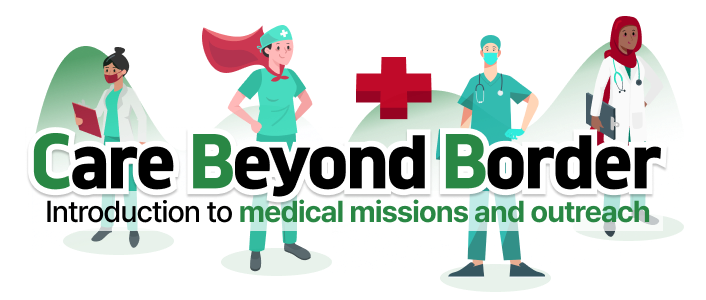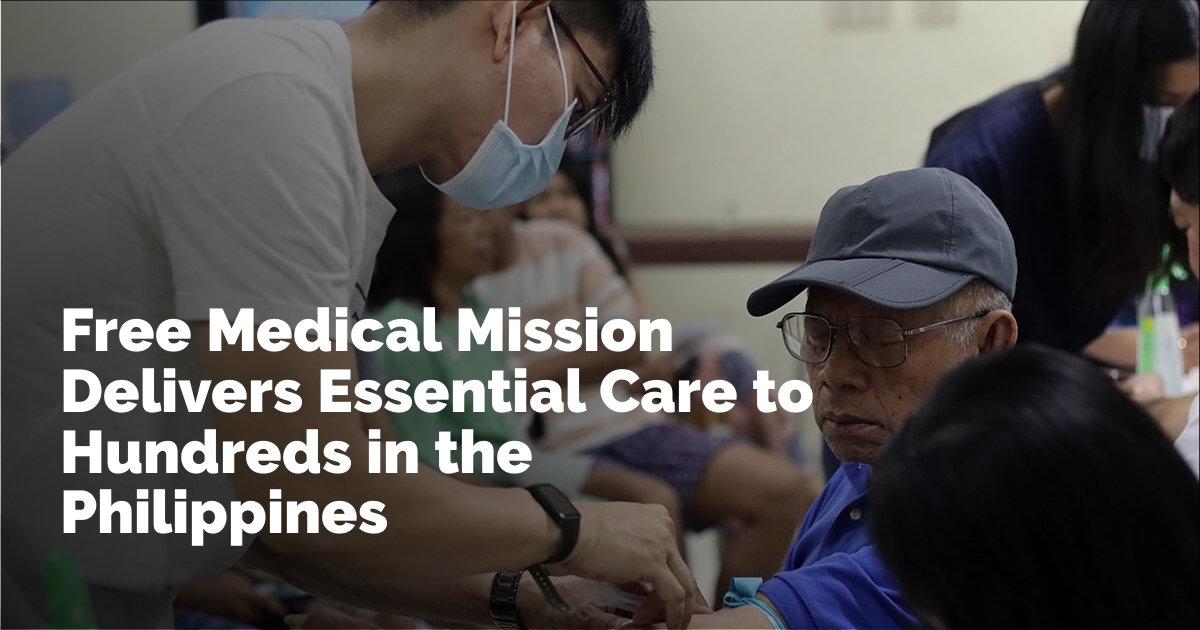Medical Mission in the Philippines: A Collaborative Effort to Provide Free Healthcare
In a compassionate endeavor that brought together various organizations and volunteers, the Davao Episcopal Area sponsored a two-day medical mission in Kidapawan City, Philippines, which provided essential healthcare to hundreds of individuals. The initiative was part of the activities during the Mindanao Philippines Annual Conference, aiming to address the medical needs of both church workers and the broader community.
Collaborative Efforts for Community Health
This healthcare outreach was made possible through the collaboration between the church and several institutions, including Wesleyan University-Philippines, Bridges of Benevolent Initiative Foundation Inc., World Medical Relief, and the Office of Sen. Risa Hontiveros. Held from June 21 to 22 at the Spottswood Methodist Center, the event saw a significant turnout, with approximately 250 individuals receiving care and more than 700 services being provided.
The program was designed to cater not only to church delegates attending the conference but also to members of nearby churches and the community. Bishop Israel M. Painit, the resident bishop of the Davao Episcopal Area, expressed his satisfaction with fulfilling a long-awaited dream to address the health needs of church workers who often face financial barriers to health services. Bishop Painit noted, "Every now and then, we would receive reports of church workers being confined in the hospital or having sudden diseases because they had limited access to health care."
Comprehensive Medical Services
The medical mission provided a host of services, including doctors' consultations, diagnostic procedures such as blood tests, X-rays, and ultrasounds, along with laboratory tests, all at no cost to the patients. In addition, the Philippine Pharmacists Association-North Cotabato Chapter contributed by supplying necessary medications.
A well-rounded team, comprising physicians, medical and radiologic technologists, nurses, pharmacists, and medical students, gathered to deliver these much-needed services. Enix Salvador, the project coordinator, successfully brought a contingent from Wesleyan University-Philippines in Cabanatuan City, which collaborated with local healthcare professionals and youth volunteers, mostly from The United Methodist Church.
Training Ground for Future Health Professionals
The mission not only served the community but also provided medical students with practical experience. Many volunteers were youth participants, predominantly medical students, who seized this opportunity to apply and develop their skills. Jyrah Camille Geralde, a medical technologist, shared, "Although I have a lot of experience in blood extraction, it was my first time collecting blood from almost 50 patients in two hours." This experience highlighted the practical challenges and the rewarding nature of fieldwork.
Impact and Gratitude Expressed by Participants
Pastor Jennifer Panday, who made the journey from Davao del Sur to Kidapawan to benefit from the free services, expressed her gratitude for the initiative. She appreciated the availability of services she had desired for a long time, including free consultations, X-rays, blood chemistry tests, ultrasounds, and medications.
Bishop Painit underscored the outreach as a "missio dei," a mission of God, emphasizing that the initiative was about more than just a church activity. It was a comprehensive effort to focus on God's purpose of redeeming, restoring, and healing creation. "The mission of God involves all aspects of human life," he explained. "To do this, we needed to collaborate."
Future Prospects and Continued Partnerships
The success of the medical mission demonstrates the power of collaboration in addressing community health needs. The Davao Episcopal Area's effort illustrates how partnerships with organizations and institutions can lead to significant impact, ensuring church workers are in optimal health to perform their ministries effectively. Bishop Painit highlighted collaboration as one of the core values that guided the initiative, which was further enriched by partnerships with various agencies and organizations.
This outreach serves as a promising model for future healthcare missions, with the potential to inspire similar efforts throughout the region. By bringing together resources, expertise, and commitment, the organizers have laid the groundwork for ongoing and expanded healthcare services for underserved communities in the Philippines. Such missions are crucial for fostering community well-being and showcasing the integral role of the church in societal health outcomes.
By remaining open to partnership opportunities and continually assessing community needs, there is potential to expand the reach and scope of future medical missions. In doing so, the church and its partners can contribute significantly to the health and vitality of the communities they serve, ensuring that everyone, regardless of their financial situation, has access to basic healthcare services.
출처 : Original Source

